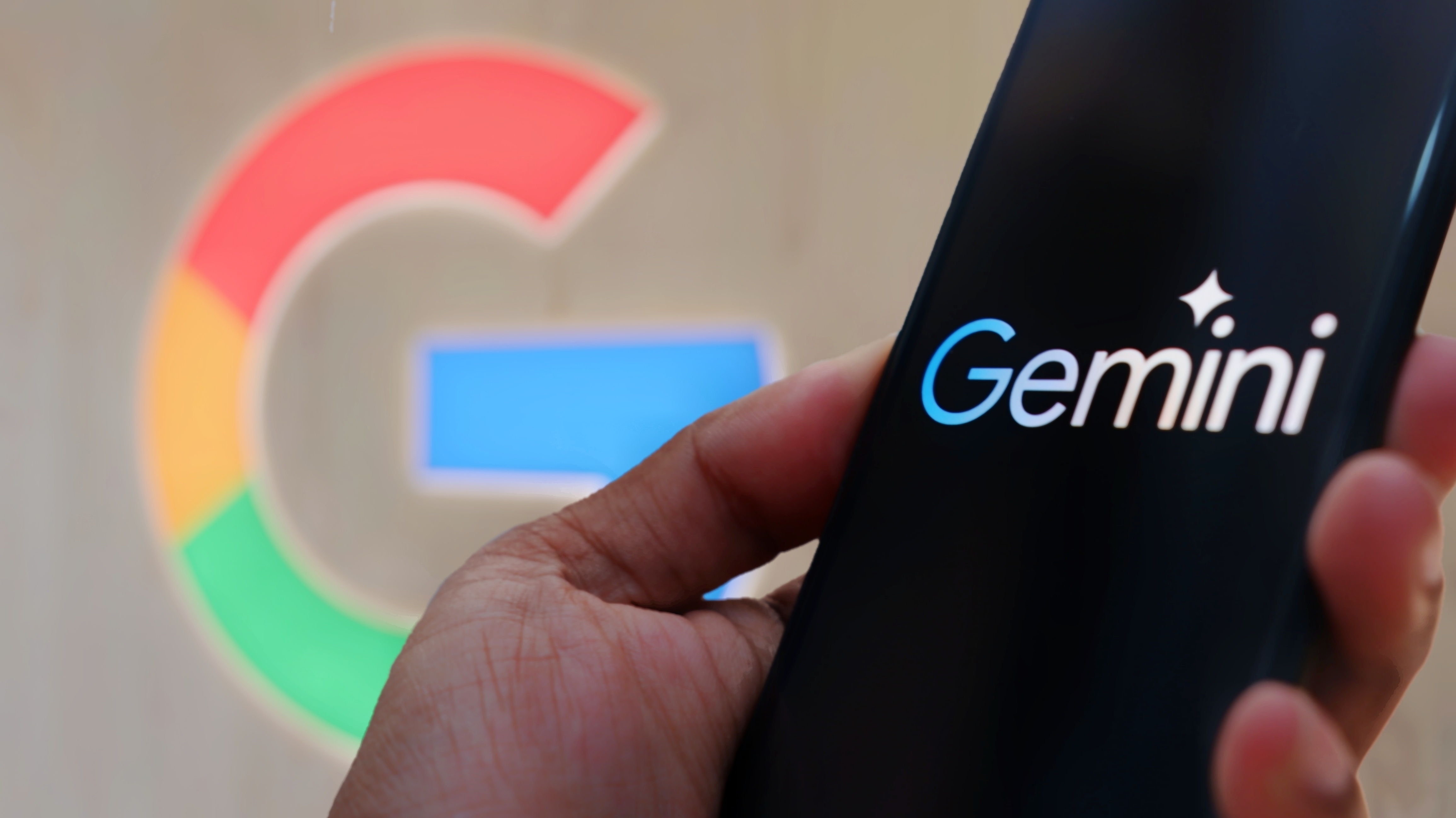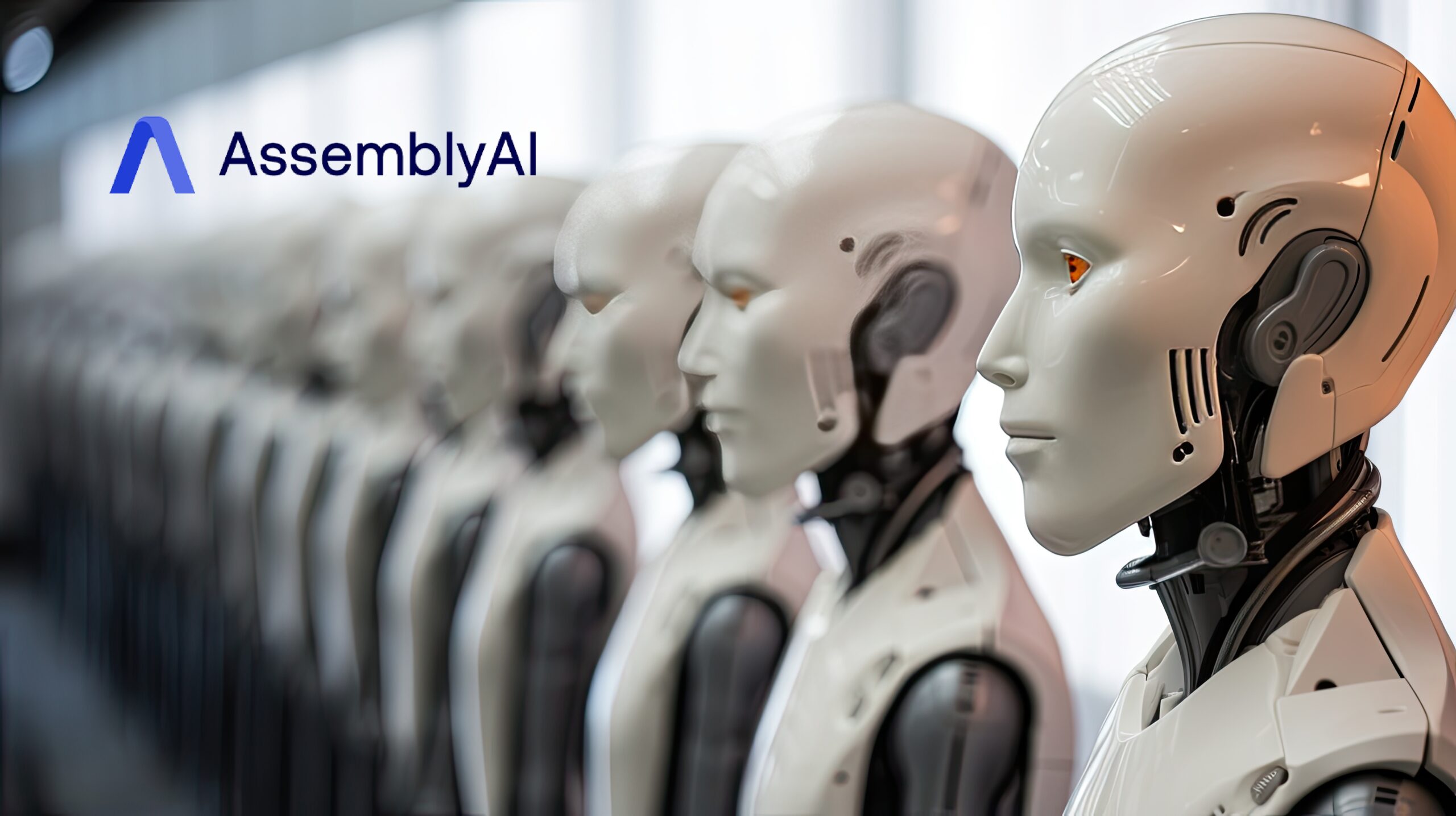- TECHSWU
- Posts
- TECHSWU #66
TECHSWU #66
Welcome to TECHSWU, your go-to destination for all things tech that matter in your daily life!



NordVPN has launched a new free file checking service called File Checker that allows users to check if a file contains malware or other malicious content. While not a traditional antivirus, File Checker is a tool that anyone can use to ensure the safety of files they download from the internet.
Users simply upload a suspicious file to the checker, and NordLabs will check if the file is a threat. The tool calculates the file's hash in the browser before passing it on to NordLabs, ensuring that the file does not leave the user's computer.
If the tool detects anything suspicious, it notifies the user. NordLabs has also introduced other experimental safety products, including a link checker and an AI phishing assistant browser extension.
These tools aim to help users remain secure online and protect against increasingly resourceful cybercriminals.

In a race to build the next generation of artificial intelligence (AI), companies like Google, Snap, and Meta (formerly Facebook) are making changes to their terms of service to include wording like "artificial intelligence," "machine learning," and "generative AI." These companies are rewriting their terms and conditions to ensure they can train their AI models on data protected by privacy laws.
Some of these changes are as small as a few words, while others include entire sections explaining how generative AI models work and the types of access they have to user data. This shift in language is causing concern among some users who are writers, illustrators, and visual artists, as they worry that their work is being used to train AI products that could potentially replace them.
As companies continue to make advances in AI technology, rewriting terms of service is becoming an important factor in the development and deployment of these systems.

A leading tech company is revolutionizing the wearable technology industry with groundbreaking AI innovations. Instead of relying on cloud-based AI, the company is focusing on edge AI to drive innovation in wearables.
By tapping into real-time user data and enabling interactive communication features like voice commands and gaze tracking, the company aims to provide personalized AI experiences on wearable devices. The CEO emphasized the superiority of edge AI over cloud-based AI, highlighting its privacy protection features and continuous support for users' needs.
The company is also tackling the challenge of integrating AI capabilities across different operating systems, aiming for seamless interoperability. In addition, the company showcased AI-enhanced hardware technologies at a recent tech exhibition, demonstrating its commitment to combat fraud and enhance user experiences.
Through its dedication to AI research and development, the company aims to reshape user experiences and challenge industry giants in the wearable tech market.

Google has officially launched its Gemini AI tools, which will be integrated into Gmail, Google Drive, Docs, Sheets, and Slides. The AI-powered tools will be available as a side panel within these popular apps, allowing users to access features such as summarizing, analyzing, and generating content.
Gemini will utilize advanced models developed by Google, including Gemini 1.5 Pro, which offers a longer context window and more advanced reasoning capabilities.
The tools aim to enhance productivity and efficiency for users by providing contextually relevant prompts and suggestions. Initially, only paying Google Workspace customers will have access to Gemini, but it is expected that this will be expanded in the future.
The launch of Gemini is part of Google's continued efforts to compete in the AI space.

Artificial intelligence (AI) tools are being integrated into various healthcare processes to improve operations and patient care. Solventum, in partnership with enterprise AI platform Ava, has begun using AI to improve the revenue cycle process and reduce claim denials for health systems.
San Diego State University researchers are testing AI-driven mental health robots that can act as early warning systems for mental health events. These robots can detect changes in pupil size and voice pitch to alert doctors of potential episodes.
Primary care doctors are also using AI devices to diagnose skin cancer and reduce wait times for dermatology referrals. Additionally, AI is being used to address staff turnover in home-based healthcare providers.
With the help of AI solutions, one home care provider was able to reduce caregiver turnover rate by 13%.

Mississippi State University will be offering a degree in artificial intelligence starting this fall. Dr.
Andy Perkins, the Associate Department Head of Computer Science and Engineering at MSU, emphasizes that there will always be a job in AI and that the demand for professionals in this field is only increasing. AI technology is already integrated into our daily lives through devices like phones and computers, as well as applications in the medical field, defense industry, navigation systems, and new services like ChatGPT.
By offering a bachelor's program in AI, Mississippi State University aims to not only cater to researchers, academics, and industry professionals but also contribute to the improvement of people's daily lives. This program makes Mississippi State the first school in Mississippi to introduce a bachelor's program in AI.

The Cities Climate Action Summit 2024 will take place online on June 26 and in person on June 27 in London. The event, which is an official London Climate Action Week event, will bring together mayors, city policymakers, and climate, technology, finance, and smart city professionals from over 25 global cities, including Barcelona, Dubai, London, Los Angeles, and New York.
The summit aims to address climate change and promote sustainable practices in cities. The first day will feature a keynote speech from Eleni Myrivili, global chief heat officer at UN Habitat.
Attendees can participate in the event by registering for free. The summit will cover various topics related to climate action, energy, resilience, and smart cities.

The article discusses how conversational intelligence platforms are utilizing artificial intelligence (AI) technology in 2024. These platforms are being used in various business functions, including sales and analytics teams.
Speech-to-Text technology is a crucial component of conversational intelligence, as it converts spoken conversations into written words for analysis. Accuracy in speech recognition technology is vital, and platforms like Universal-1 from AssemblyAI are leading the way with highly accurate models.
Generative AI is another trend in conversational intelligence, which is used to create natural-sounding chatbots and virtual agents and assist employees in tasks like drafting emails and call logging. Automated summaries are a common feature of conversational intelligence platforms, providing concise and searchable notes from meetings and conversations.
Sentiment analysis tools are also employed to gain insights into customer satisfaction in interactions with contact center agents. Additionally, conversational intelligence platforms automate monotonous tasks like call logging, freeing up time for employees.
Overall, AI technology is revolutionizing how businesses optimize their communications and processes with conversational intelligence platforms.

Artificial intelligence (AI) has the potential to increase productivity and economic growth, but it could also lead to job losses and inequality. A new AI Preparedness Index Dashboard by the International Monetary Fund (IMF) tracks the readiness of 174 economies in terms of digital infrastructure, human capital, labor policies, innovation, integration, and regulation.
The data shows that wealthier economies are better equipped for AI adoption compared to low-income countries. While emerging market economies and low-income countries may be less affected by AI job disruptions due to their smaller shares of high-skilled jobs, they may also face challenges in harnessing the benefits of AI due to infrastructure and workforce limitations.
The dashboard aims to help policymakers, researchers, and the public assess AI preparedness and identify actions and policies needed to ensure that AI benefits everyone. It suggests that advanced economies should invest in training workers, expand social safety nets, and prioritize AI innovation and integration, while emerging market economies should focus on investing in digital infrastructure and digital training for workers.

NBC is using artificial intelligence (A.I.
) to bring a version of sportscaster Al Michaels to the 2024 Paris Olympics. The network will use generative A.
I. software to recreate Michaels' voice for customized Olympic recaps for Peacock subscribers.
The recaps, called "Your Daily Olympic Recap on Peacock," will be tailored to users' interests and preferences, with a highly-customized highlight playlist narrated by Michaels or an A.I.
voice that sounds like him. Users will be greeted by name, and the recaps will focus on specific sports or categories, such as viral moments or athlete backstories.
NBCUniversal says there are seven million possible ways to customize the playlists. The A.
I. Al Michaels marks a major move into generative A.
I. for a major media company and may serve as a template for future offerings that involve talent and compensation.